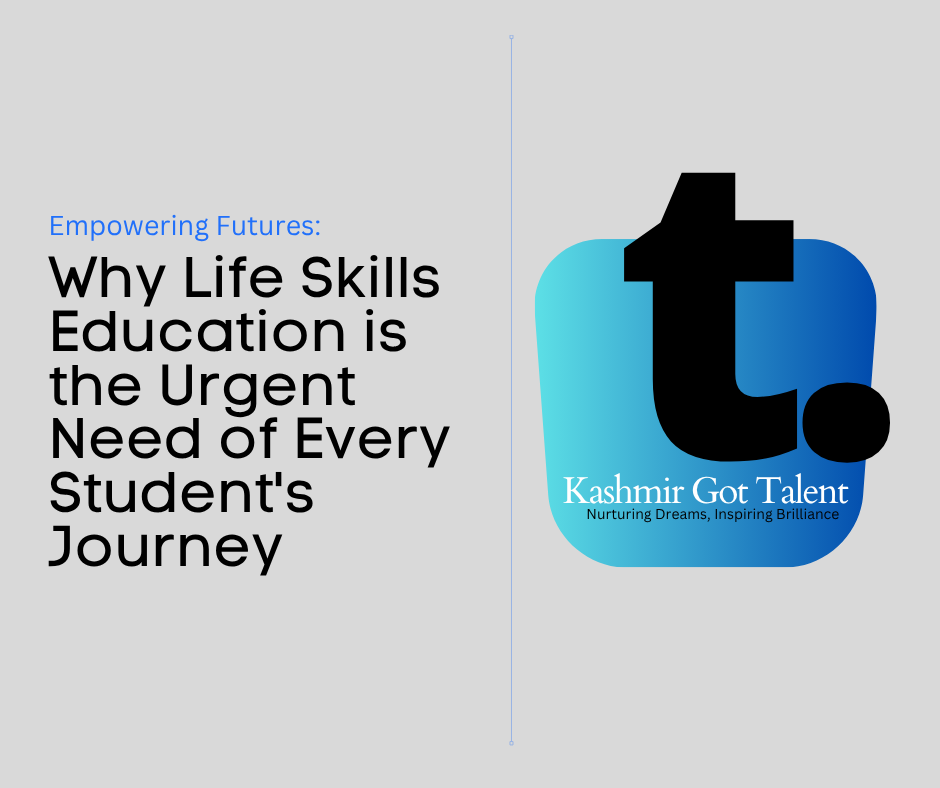In today’s rapidly changing world, academic knowledge alone is no longer enough. The real power lies in the life skills that students carry beyond classrooms—skills that help them not only survive, but flourish in a competitive, unpredictable future.
We stand at a critical juncture where the mental, emotional, and practical preparedness of our students is being tested like never before. In a world flooded with information, the ability to think critically, communicate clearly, manage stress, resolve conflicts, and collaborate effectively are not luxuries—they are lifelines.
Yet, millions of students globally are leaving school with impressive grades, but without the resilience to handle real-life adversity, the confidence to express their ideas, or the awareness to manage their own well-being. This is not a gap—it’s a crisis.
The Forgotten Pillars of Education
Life skills are the foundation of independence. They shape how students interact with others, how they solve problems, how they cope with failure, and how they bounce back stronger.
Consider these scenarios:
-
A brilliant student crumbles in a job interview because they lack confidence and communication skills.
-
A university topper fails to manage basic finances and ends up drowning in debt.
-
A tech-savvy teen struggles with anxiety and lacks emotional literacy to seek help.
What’s missing is not intelligence. What’s missing is preparation for life.
The Urgency We Must Acknowledge
We are not preparing students for exams—we are preparing them for life. The urgency to incorporate structured life skills education into every curriculum cannot be overstated.
-
Mental Health is collapsing. Life skills like emotional regulation and stress management can no longer be optional.
-
Unemployment is rising. Soft skills are now the key differentiator in getting and keeping a job.
-
Violence, addiction, and peer pressure are rising among youth. Life skills provide students with the tools to make informed, ethical, and safe choices.
Action Must Replace Aspiration
Talk is no longer enough. It’s time to act:
-
Schools must integrate life skills training into everyday education—from primary through higher education.
-
Parents must participate in nurturing these skills at home through conversation, responsibility, and trust.
-
Governments must mandate life skills curriculum as part of national education policy.
-
Communities must build ecosystems of mentorship, support, and real-world exposure.
A Vision for Flourishing Futures
Imagine a generation that knows how to navigate uncertainty, build relationships, manage stress, lead with empathy, and innovate with ethics. Imagine students who are not just employable, but adaptable. Not just literate, but emotionally and socially intelligent.
This is not just about education. It is about legacy. What kind of society are we building if we continue to ignore the skills that define human success?
The Time to Act Is Now
Every day we delay is a missed opportunity to build stronger, wiser, kinder, and more capable young people. If we want a flourishing future, we must equip students with the skills that empower life—not just grades on paper.
Life skills are not extracurricular—they are essential.
Let this be the turning point. Let’s not wait for another crisis to teach us what we already know.
Empower. Educate. Elevate. Now.








